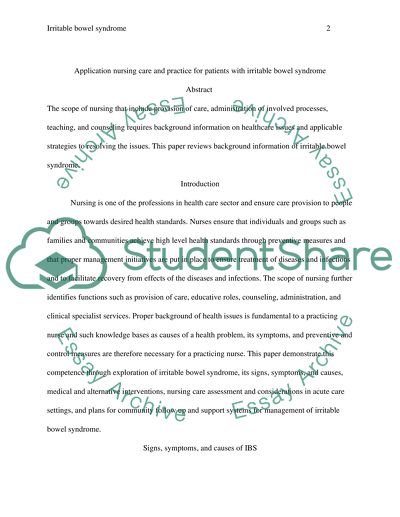Cite this document
(“Application Nursing Care and Practice for patients with Irritable Essay”, n.d.)
Retrieved from https://studentshare.org/nursing/1486441-application-nursing-care-and-practice-for-patients
Retrieved from https://studentshare.org/nursing/1486441-application-nursing-care-and-practice-for-patients
(Application Nursing Care and Practice for Patients With Irritable Essay)
https://studentshare.org/nursing/1486441-application-nursing-care-and-practice-for-patients.
https://studentshare.org/nursing/1486441-application-nursing-care-and-practice-for-patients.
“Application Nursing Care and Practice for Patients With Irritable Essay”, n.d. https://studentshare.org/nursing/1486441-application-nursing-care-and-practice-for-patients.


